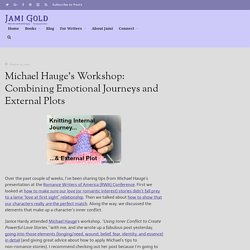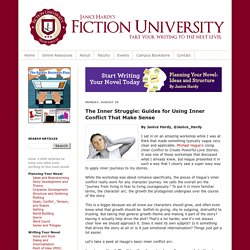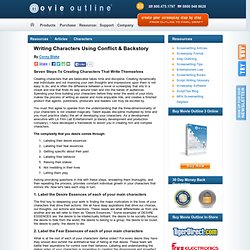

MAGIC STAR OF DRAMATIC WRITING. Emotional Abuse - Are You Being Abused? : Melanie Tonia Evans. Many women struggle to know and understand what is healthy and how they deserve to be treated.

Society has not educated us from the onset to understand what our physical, emotional and mental rights are. To the contrary, it is only recently that society has acknowledged intimate partner protection. Traditionally, the world’s patriarchal and religious systems condoned men’s mistreatment of women and there are many societies where these atrocities still exist. Unfortunately, too many women have to learn the hard way rather than receiving abuse awareness and training in regard to establishing healthy boundaries. It is essential when engaging in a relationship that feels draining, confusing or painful, to be able to step back and look at what is really taking place with objective eyes – before it is too late.
Please note: men are also subject to abusive behaviour. If you allow an intimate partner to abuse you, you'll suffer the effects of diminished self-esteem. Types Of Abuse. Michael Hauge’s Workshop: Combining Emotional Journeys and External Plots. Over the past couple of weeks, I’ve been sharing tips from Michael Hauge’s presentation at the Romance Writers of America (RWA) Conference.

First we looked at how to make sure our love (or romantic interest) stories didn’t fall prey to a lame “love at first sight” relationship. Then we talked about how to show that our characters really are the perfect match. Along the way, we discussed the elements that make up a character’s inner conflict. Janice Hardy attended Michael Hauge‘s workshop, “Using Inner Conflict to Create Powerful Love Stories,” with me, and she wrote up a fabulous post yesterday, going into those elements (longing/need, wound, belief, fear, identity, and essence) in detail (and giving great advice about how to apply Michael’s tips to non-romance stories). I recommend checking out her post because I’m going to pick up where she left off, with more insights into how to apply a character’s emotional journey to a standard three act story structure.
Act One: Stage One: Setup. The Inner Struggle: Guides for Using Inner Conflict That Make Sense. By Janice Hardy, @Janice_Hardy I sat in on an amazing workshop while I was at RWA that made something typically vague very clear and applicable.

Michael Hague's Using Inner Conflict to Create Powerful Love Stories. It was one of those workshops that discussed what I already knew, but Hague presented it in such a way that I clearly saw a super easy way to apply inner journeys to my stories. While the workshop was about romance specifically, the pieces of Hague’s inner conflict really work for any character journey.
He calls the overall arc the “journey from living in fear to living courageously.” Let's take a peek at Hauge's basic inner conflict arc: Longing or Need: The thing the character longs for or needs in the story. If this doesn’t say “inner goal” I don’t know what does. (More on goals here) Wound: A past wound or hurt that is a current unhealed source of pain. The wound might be some deep dark secret, or it can be how the character grew up. (More on backstory here) Writing Characters Using Conflict & Backstory. Seven Steps To Creating Characters That Write Themselves Creating characters that are believable takes time and discipline.

Creating dynamically real individuals and not imposing your own thoughts and impressions upon them is not easy to do, and is often the difference between a novel or screenplay that sits in a closet and one that finds its way around town and into the hands of audiences. Spending your time building your characters before they enter the world of your story makes the process of writing an easier and more enjoyable ride, and creates a finished product that agents, publishers, producers and readers can truly be excited by.
You must first agree to operate from the understanding that the three-dimensionality of your characters is not created magically. Talent equals discipline multiplied by time and you must practice (daily) the art of developing your characters. The complexity that you desire comes through: 1. 2. 3. 4. 5. Emotions are extreme. 6. 7. Find the Essences.